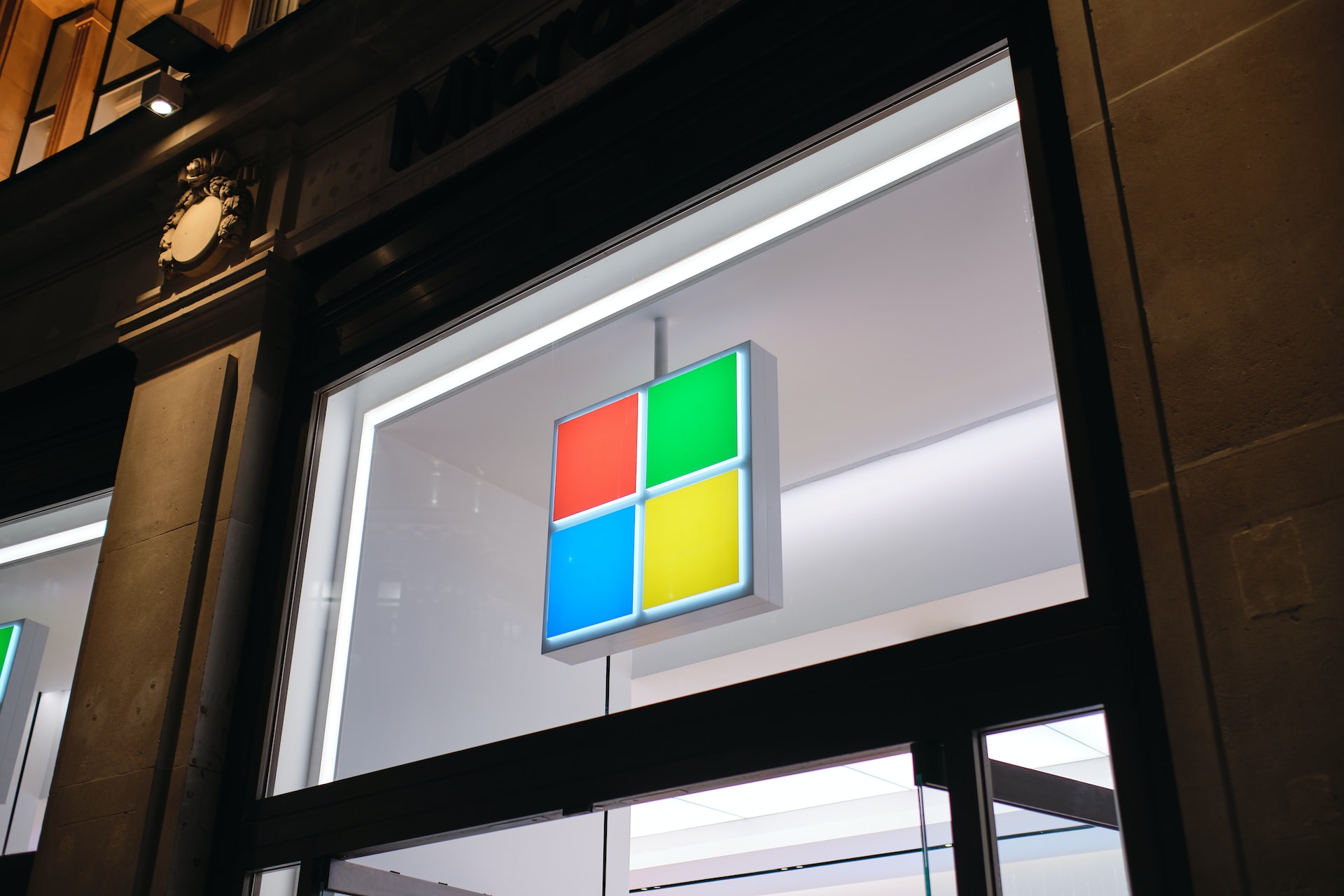In a bold move, Microsoft has filed an appeal challenging the recent decision by the UK regulatory authority to block its proposed mega deal with Activision. This appeal sets the stage for a fierce legal battle and marks Microsoft’s determination to push forward with its ambitious acquisition plans. With the gaming industry at the center of attention, the outcome of this appeal will have significant implications for Microsoft, Activision, and the broader landscape of the technology and entertainment sectors.
The UK regulatory authority’s decision to block the Microsoft-Activision deal sent shockwaves throughout the business world. The authority raised concerns about potential anti-competitive effects and a reduction in consumer choice within the gaming market. It argued that the merger could create a dominant player with considerable market power, potentially stifling innovation and limiting competition. This ruling dealt a significant blow to Microsoft’s strategic vision and its plans to become a dominant force in the gaming industry.
However, Microsoft is not ready to back down. The tech giant has launched an appeal, challenging the regulatory authority’s decision and seeking to overturn the block on the deal. Microsoft’s appeal is based on the belief that the ruling failed to fully consider the potential benefits of the acquisition and the positive impact it could have on the gaming ecosystem. The company aims to present compelling arguments, highlighting the synergies between Microsoft and Activision, the potential for innovation, and the enhanced experiences that could be delivered to gamers worldwide.
The appeal process is expected to be a complex and lengthy one. Microsoft will need to provide substantial evidence to support its claims and address the concerns raised by the regulatory authority. This will include demonstrating that the acquisition will foster healthy competition, drive innovation, and ultimately benefit consumers. The outcome of the appeal will not only determine the fate of the Microsoft-Activision deal but also shape the future of mergers and acquisitions within the gaming industry.
The proposed acquisition of Activision by Microsoft is no ordinary deal. Activision is a powerhouse in the gaming industry, responsible for some of the most iconic and beloved franchises, including Call of Duty, World of Warcraft, and Candy Crush. The merger would grant Microsoft access to a vast library of intellectual property and a massive user base. It would solidify Microsoft’s position in the gaming market, enabling it to compete head-on with other industry giants such as Sony and Nintendo.
Beyond the financial considerations, the potential for innovation is substantial. Microsoft’s expertise in cloud computing, artificial intelligence, and augmented reality could be seamlessly integrated into Activision’s game development processes, resulting in groundbreaking and immersive gaming experiences. The merger could also pave the way for cross-platform capabilities, allowing gamers to play seamlessly across different devices and ecosystems.
However, the concerns raised by the regulatory authority cannot be dismissed lightly. Concentration of power within the gaming industry raises valid questions about competition and consumer choice. It is imperative for Microsoft to address these concerns and provide reassurances that the acquisition will not stifle competition but rather foster a more vibrant and innovative gaming ecosystem. Striking the right balance between consolidation and competition will be critical for the success of the appeal.
As the legal battle unfolds, the gaming industry and market observers are closely watching the developments. The outcome of the appeal will not only determine the fate of the Microsoft-Activision deal but also set a precedent for future mergers and acquisitions within the sector. The regulatory landscape surrounding technology and entertainment companies is rapidly evolving, and this case will play a pivotal role in shaping the boundaries and regulations for such mega deals.
Experts and analysts have differing opinions on the potential outcome of the appeal. Some believe that Microsoft’s vast resources, strategic arguments, and potential concessions could sway the decision in their favor.




